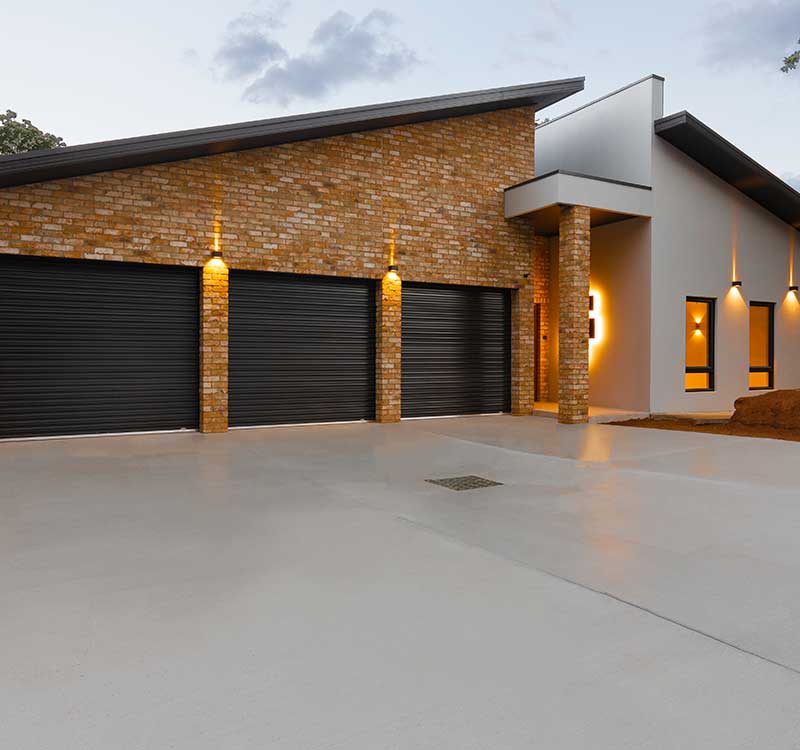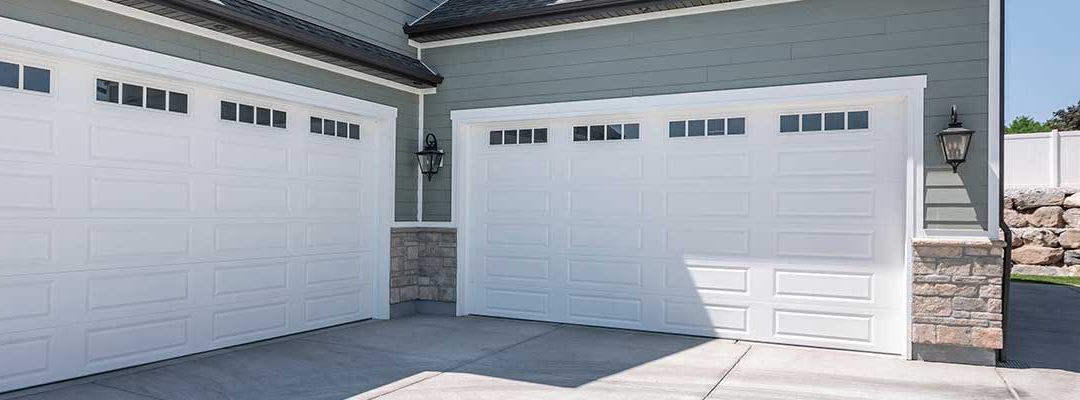That is the case with a driveway, for instance. There are plenty of options you can use to build a driveway, and a lot of factors to consider, since it’ll be exposed to the elements, withstand vehicle traffic, and should last a long time. For this project, two of the most popular materials in the market are asphalt and concrete.
These two are often compared due to their similar price range. Still, you may wonder which will grant the most value for your money and meet your needs. In this blog, we compare a concrete driveway vs. asphalt under our expert lens to answer that.
Read on to find out which one is the best for you!
First, A Quick Recap
Concrete
Asphalt
Both materials are great for paving, including driveways, but they will perform differently due to their different components. We’ll be comparing them based on the following criteria:
- Durability
- Resistance
- Ease of Maintenance
- Cost-Effectiveness
- Curb Appeal
Durability
Resistance
Asphalt does better in hiding certain imperfections, but it cracks just like concrete does. Still, it is softer than concrete, so it must be repaired more frequently than concrete. On the other hand, concrete is more solid but more prone to crack due to the freeze-thaw cycles, which is why they work best in hot climates. Excess heat can cause softening and pitting or deformation under a heavy load in asphalt.
Ease of Maintenance
No matter how resistant these materials are, they’ll require maintenance, repair, and replacement. Before choosing one, you must know how often they’ll need it and what they require, as it’ll affect the long-term costs.
Asphalt has to be sealed after installation and every 3 years to make it last. Although it is less likely to crack than concrete, it requires more maintenance and repairs. One benefit, however, is that it hides stains.
As far as concrete goes, sealing it is recommended but isn’t necessary. In a good climate and with simple pressure washing, it won’t require a lot of repairs down the road. Repairing a concrete driveway vs. asphalt is more complex but can be minimized with regular upkeep.
Cost-Effectiveness
Curb Appeal
Final Thoughts
When it comes to a concrete driveway vs. asphalt, there is no right or wrong as long as you
choose based on your specific needs, which will be easier to do now that you know how each option behaves and offers.
Once you choose the best material, if you live in Huntsville, AL, with the predominantly hot weather, we can also help you obtain the best concrete driveway installation services with us, FerCo Construction, so your product performs at its best. Learn more about our superior solutions today!


